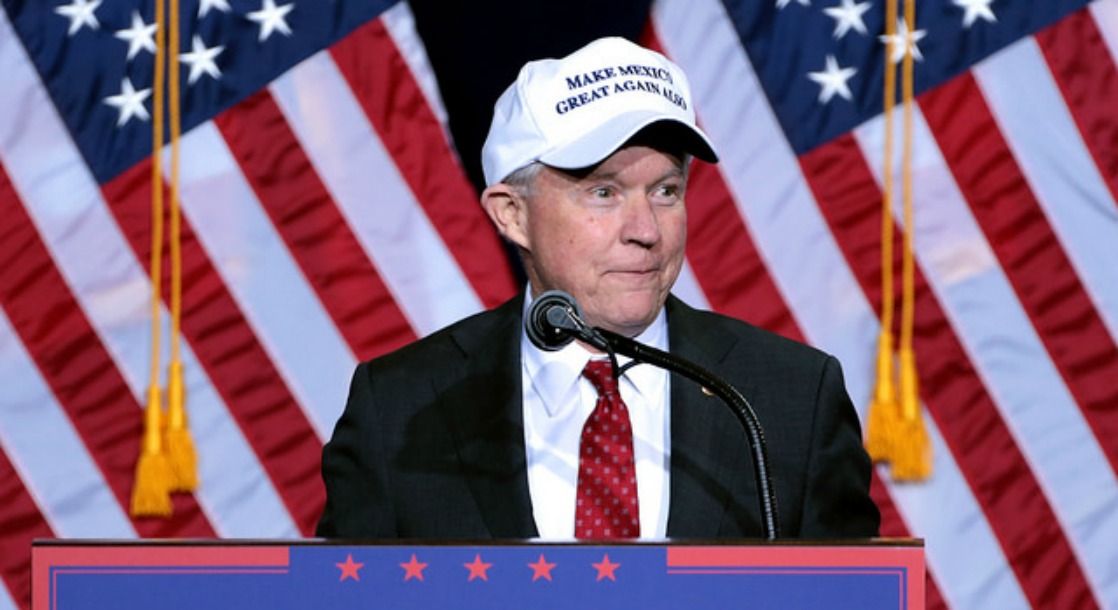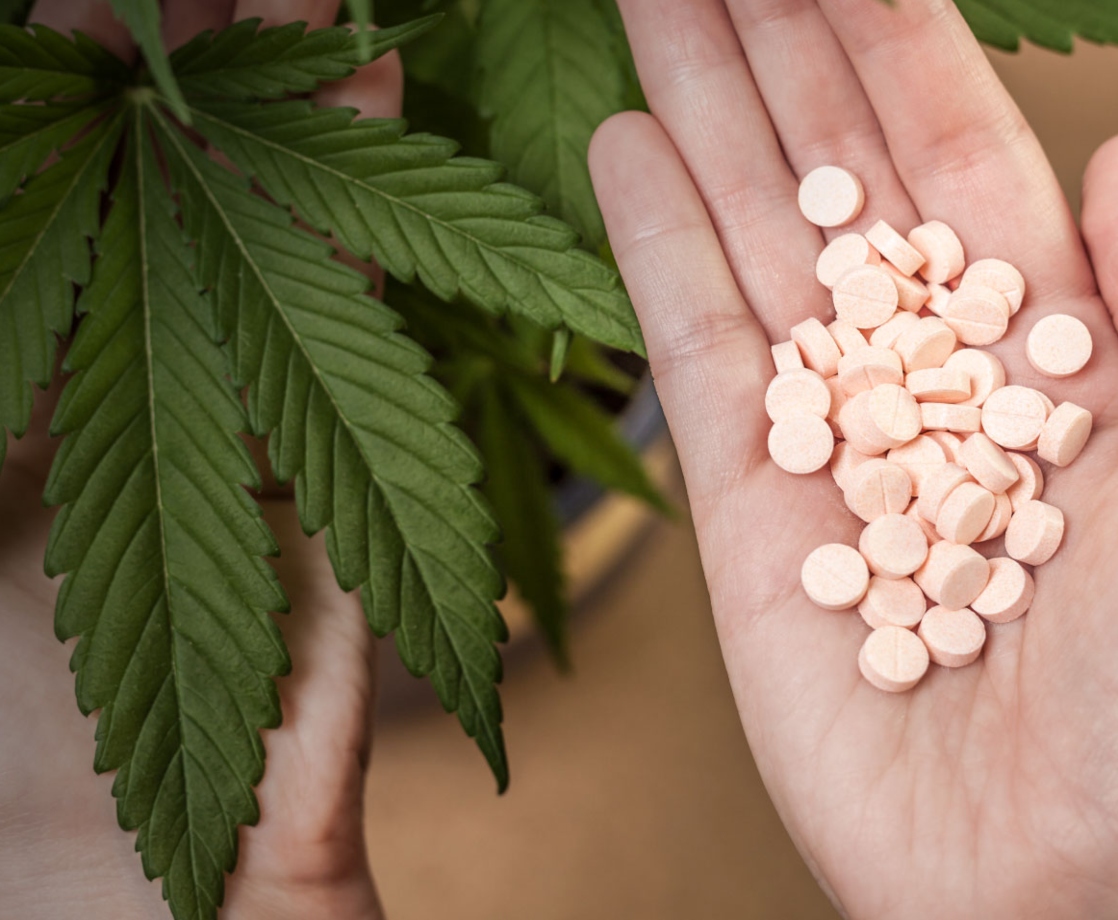Jeff Sessions has officially withdrawn a 2013 directive from Obama-era Attorney General Eric Holder that allowed prosecutors to avoid handing out mandatory minimum sentences to low-level drug offenders. Under Sessions’ new instructions, prosecutors around the country will presumably be seeking maximum sentences for even the most minor drug crimes – bringing back the full force of the war on drugs.
According to Politico, Sessions sent a memo to federal prosecutors around the country advising them to seek the harshest penalties possible for any offender that crosses their path.
Of course, like every other action and claim Sessions has made since taking the reigns as America’s top cop, he’s given no factual reason or rationale for the new directive that will, if enforced the way Sessions is requesting it be, result in an increases in incarceration.
"It is a core principle that prosecutors should charge and pursue the most serious, readily provable offense.” Sessions wrote in the memo. “"This policy affirms our responsibility to enforce the law, is moral and just, and produces consistency. This policy fully utilizes the tools Congress has given us."
Sessions’ “moral” obligations and the rules he’s asked prosecutors to enforce because of them are in direct opposition to the national sentencing trends that has seen prosecutors avoid mandatory minimums for nonviolent drug offenders as a way to alleviate prison overcrowding, push towards rehabilitation, and save drug users and small-scale sellers from a life in the prison system.
Not surprisingly, Sessions’ new directive is not being well received by criminal justice experts.
"The Justice Department’s expected shift to prosecuting and incarcerating more offenders, including low-level and drug offenders, is an ineffective way to protect public safety," Brett Tolman, a U.S. Attorney for Utah under President George W. Bush, said in a statement anticipating the policy change. "Decades of experience shows we cannot arrest and incarcerate our way out of America’s drug problem. Instead, we must direct resources to treatment and to specifically combatting violent crime. This will help law enforcement do our jobs better.”
But Sessions will not focus on rehabilitation or violent crime, and has instead decided to push prosecutors back into tactics reminiscent of the early days of America’s war on drugs. And while Sessions’ decision to speak at a opioid-abuse summit in West Virginia on Thursday might suggest that the prosecutorial shift is in part a response to America’s current opioid epidemic, the Attorney General has not made any comments about the pharmaceutical companies responsible for the country’s rampant heroin issue – instead blaming the “pro-drug crowd” that we can only assume refers to cannabis legalization advocates.
So while states around the country prepare to push towards legalizing recreational cannabis in 2018, Donald Trump has specifically left the door open for a federal crackdown of medicinal and recreational cannabis and Attorney General Sessions is doing his best to make sure that anyone arrested for federal drug offenses is persecuted to the fullest extent of the law.
It certainly appears that the fears we’ve harbored about the Trump administration’s potential war on weed could be coming to a head soon.











